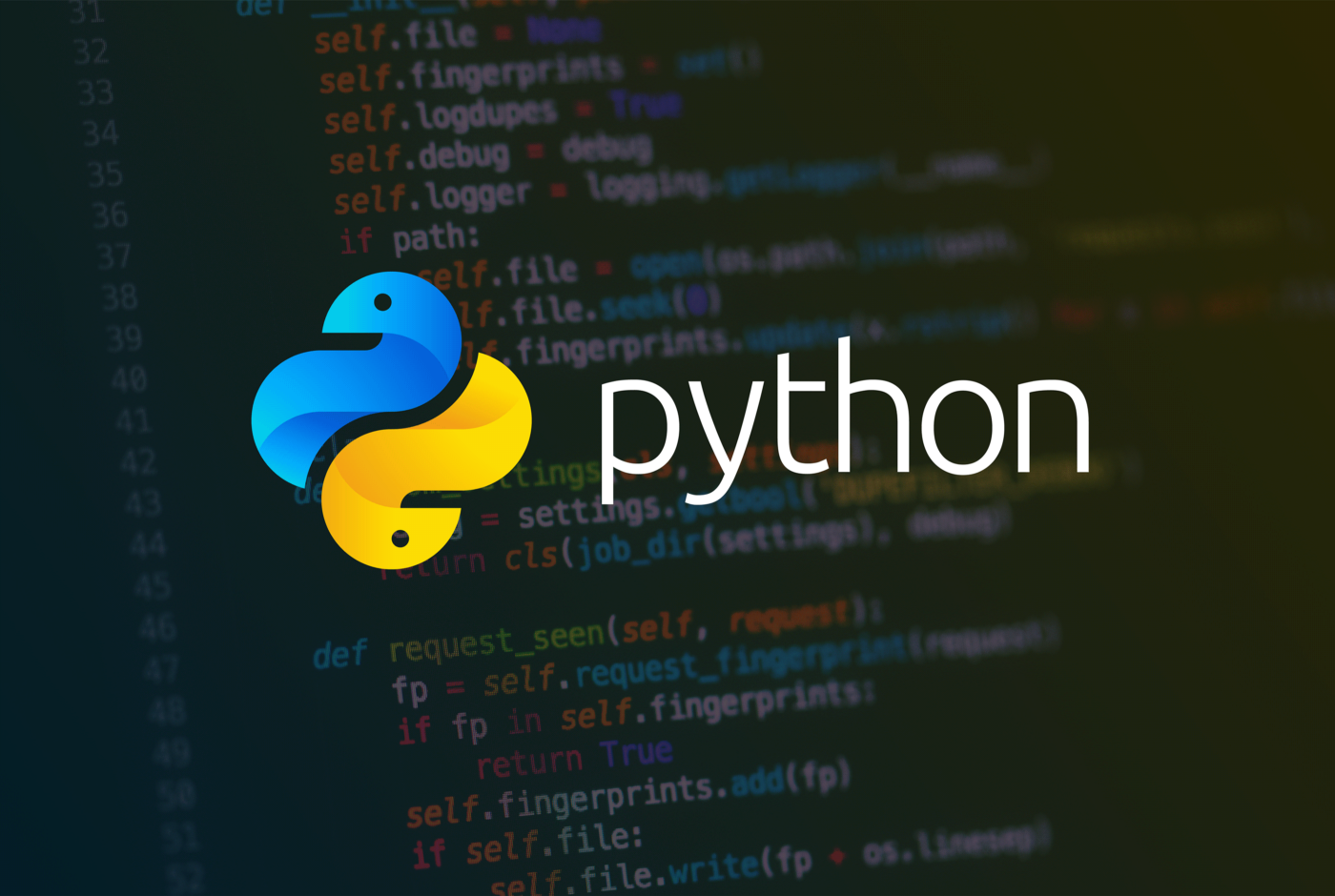
A recent paper in the Journal of Open Source Software describes the implementation details of Underworld3 and a brief motivation for the rewritten codebase (Moresi et al, 2025). Underworld3 combines the power of the symbolic algebra package, sympy (Meurer et al, 2017), with the equation templating system in the parallel finite-element framework of PETSc, through petsc4py (Knepley et al, 2013, Dalcin et al, 2011). Underworld3 has the same









